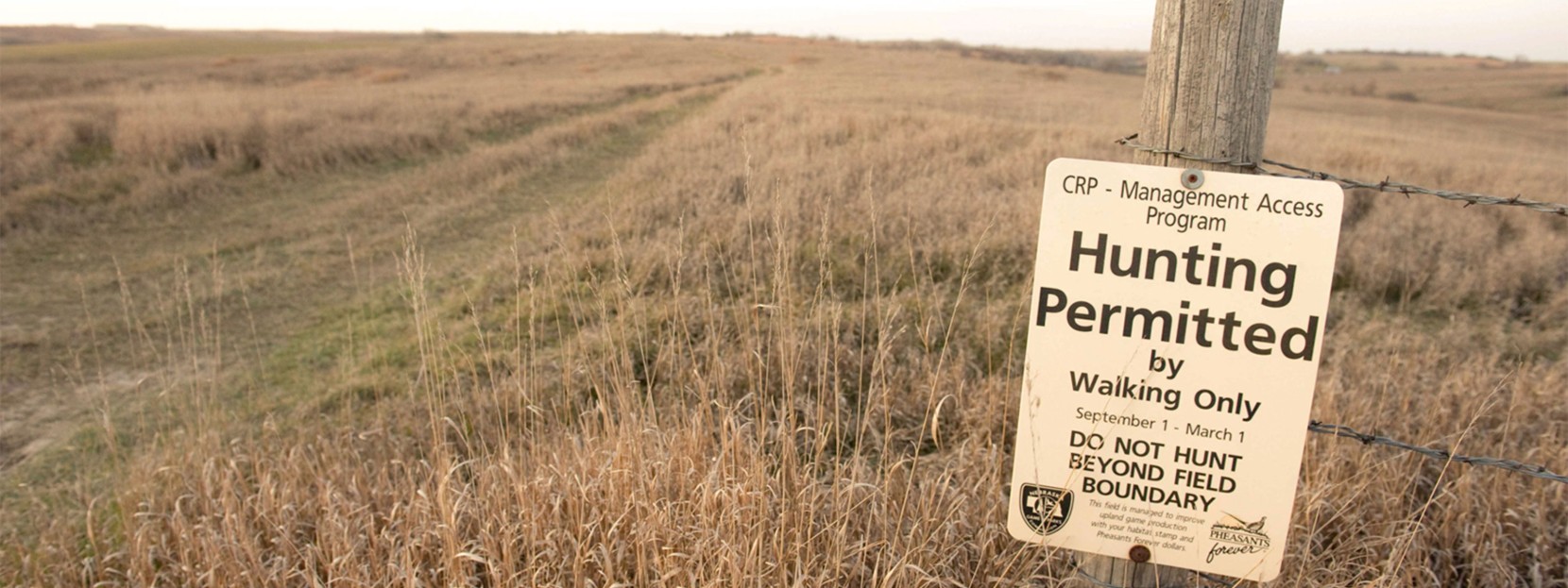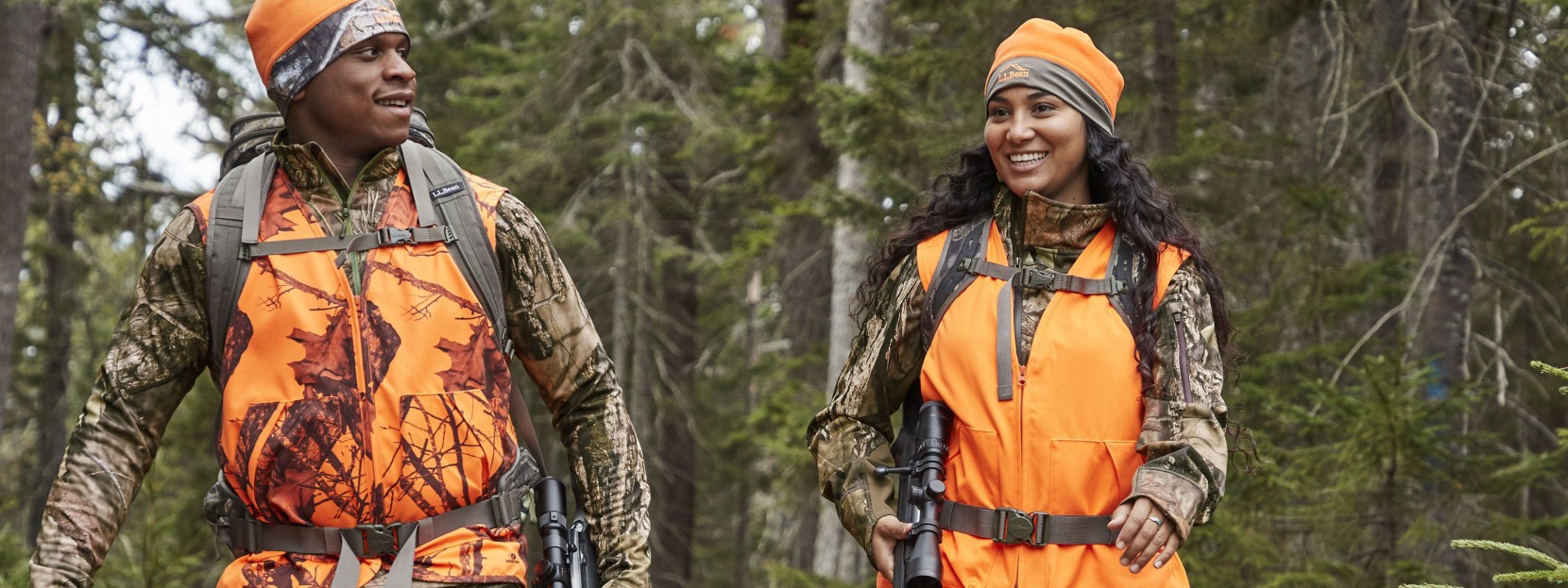
There’s no mistaking the symptoms of the hunting bug: For one, you can’t stop thinking about heading into the woods with a couple of friends and maybe even coming out of the woods with a deer in the bag. For another, your search history is full of terms like “how to start hunting” and “best recipe for venison steaks.” Finally, you’ve started dropping hints with all your friends about how amazing it would be to take up hunting together.
The only thing is, you’re not exactly sure how one actually becomes a hunter. Is it as simple as picking up a gun and heading for the woods (no!)? Do you need certification or a license (yes!)? How do you find a place to hunt (we’ll tell you!)? And so on. Truth is, it’s not terribly complicated to become a hunter at any age, but there are some very necessary and specific steps you’ll need to take along your journey. But don’t fret: For over 100 years, we’ve been helping people of all ages begin their hunting journey, and we’re here to help you begin yours.
Step 1: Get Safe
The first step in any non-hunter’s journey, no matter their age or general outdoor savvy, is to complete a hunter safety certification course. While most states allow adults to obtain a hunting license without having completed hunter education, we highly recommend completing a hunter ed course in your home state, no matter your age.
Step 2: Get Ready
If you don’t already own a firearm, now’s the time to acquire one, or find a long-term loaner. Why long-term? Because you need plenty of time - not weeks, but months, ideally - to become familiar with your gun, especially if you don’t have previous shooting experience. We’re not going to recommend specific guns, or even specific calibers in this piece, but we are going to highly recommend that you take a firearms training course. Yes, hunter safety certification includes some firearms training, but when it comes to shooting, there’s no such thing as too much experience. To find a course, check with your local firearms retailer, or your state wildlife agency.

QUICK TIP:
Doing everything under your power to shoot accurately isn’t merely crucial for safety; it’s a foundational component of ethical hunting.
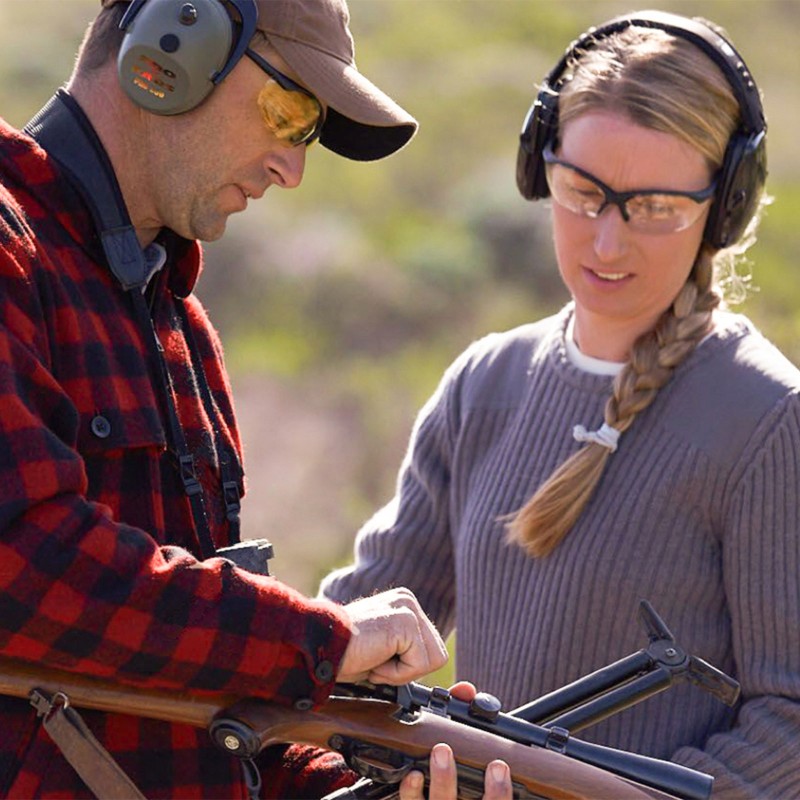
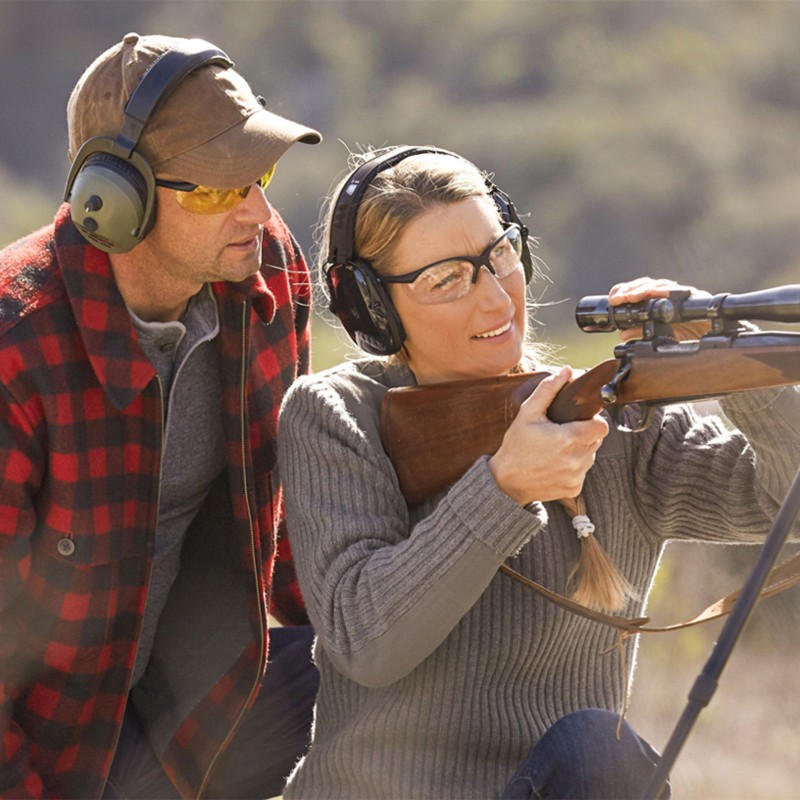

QUICK TIP:
Not only will you learn how to be safe, you’ll also learn the rules and regulations particular to your state. As a bonus, most hunter ed programs are free, and it’s a great place to meet others embarking on their own hunting journey.
Step 3: Get Scoped
If you’re new to firearms (or, conversely, if your firearm is new to you), it’s imperative that you take the time to sight it in. There are many factors impacting accuracy: Skill, ammo, weather conditions, range, the sights, and, not least of all, the gun itself. Although specific instructions on sighting in your gun is beyond the scope (see what we did there?) of this article, we can confirm the importance of plentiful target practice under controlled conditions, using the exact ammo you intend to hunt with. Not inconsequently, being confident in your equipment and abilities is a precursor to being confident in the field. And being confident in the field is a precursor to that venison steak recipe you’ve been drooling over.
Step 4: Get Legal
With a few exceptions that vary from state-to-state, you need a license to hunt (if you don’t know whether or not you need a license, absolutely check with your state wildlife agency!). Fortunately, getting licensed is simple as venison pot pie; you can do it online through your state agency, or you can visit your local hunting outfitter. This is an excellent time to give yourself a quick refresher on the opening and closing dates of the season, along with other regulations, many of which vary widely from state-to-state.
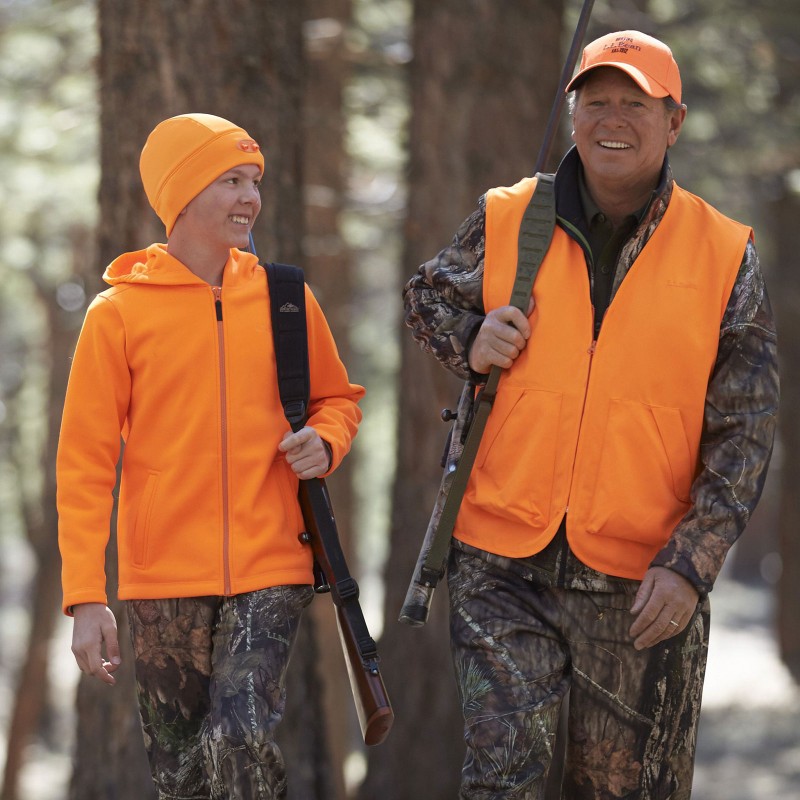
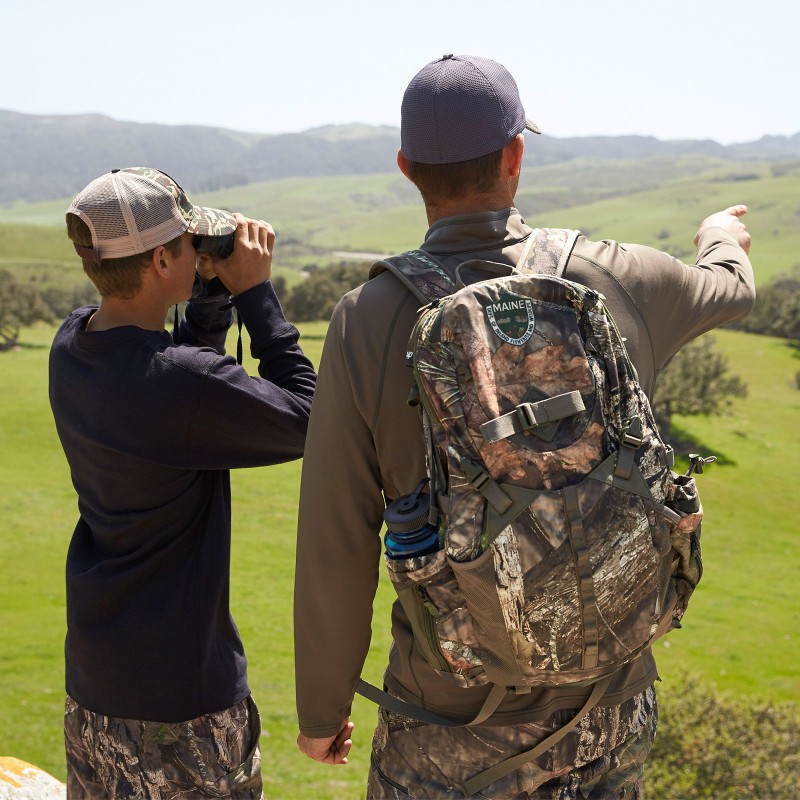
Step 5: Get a Hand
Traditionally, hunting wisdom was passed down from generation to generation; we learned from our parents what our parents learned from our grandparents. Fortunately for the increasing numbers of adults entering the sport without a family of hunters behind them, there are many other options. First and foremost, most state wildlife agencies can point you in the direction of workshops and other events geared toward neophyte hunters. Another option is simply reaching out to friends who hunt, or who know someone who hunts: Experienced hunters are some of the most generous people you’ll meet, and are generally willing to share their wisdom with others. Finally, there are a number of organizations that make it their mission to welcome new hunters into the sport (see resource list below).
Resources
BACKCOUNTRY HUNTERS AND ANGLERS ASSOCIATION
Step 6: Get Permission
Particularly for those of you in eastern states, where there’s relatively little public land available for hunting, finding your own piece of hunting paradise is a crucial step in your journey. We’ve addressed this topic in more detail here, but for now, know that many private landowners - even some who have posted their land - are happy to invite responsible hunters onto their property. Although some states do allow hunting on unposted land without express permission, it’s always best practice to ask the landowner before you step foot on their property.
